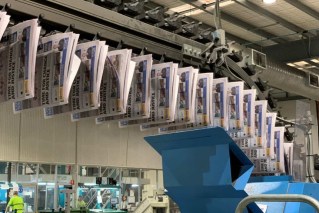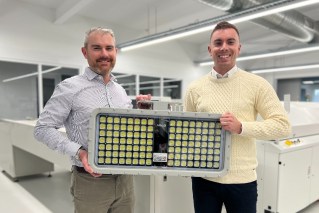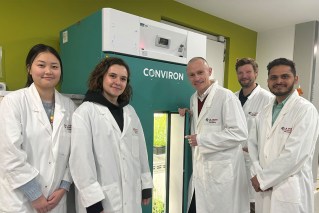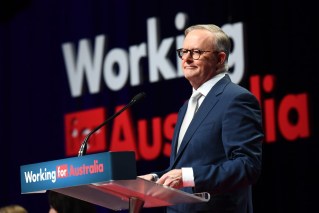Why it’s politics, not profit, that may decide fate of state’s coal industry
The private sector has very clearly rung the bell on the future of coal, but in Queensland, the market has never been that clear.

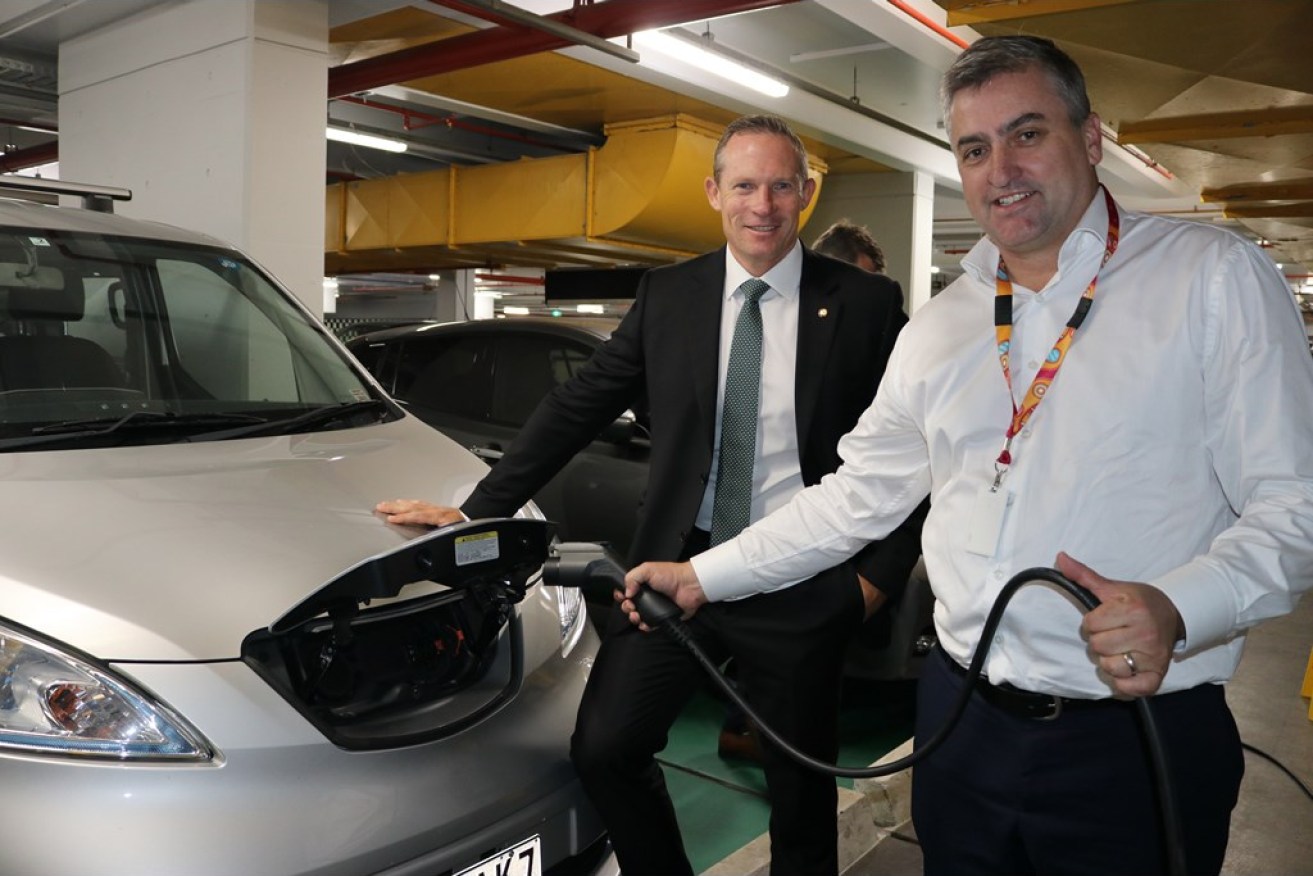
Energy Minister Mick de Brenni
Asked this week by InQueensland whether there was a future for the State Government-owned coal-fired power stations, Energy Minister Mick de Brenni continued the obfuscation that has become a hallmark of the debate.
The important thing is what de Brenni, an advocate for electric vehicles, didn’t say.
“We won’t be shutting the gate on our power stations, their workers or their communities,” de Brenni said.
“They will continue to play a critical role in our energy transformation.
“Our Energy Plan, due later this year will chart a path to a sustainable, renewable energy system that will harness Queensland’s natural assets and use them to create clean industry and more jobs.
“It is only because we own power assets in this state that we can guarantee this for Queenslanders.”
It sounds like fulsome support that the power stations will continue along their current path but it isn’t. The central issue is whether the coal units owned by Government-owned corporations Stanwell and CS Energy would close earlier than scheduled. He didn’t answer that.
Last year Stanwell chief executive Richard van Breda said exactly that and resigned a few days later.
The early closures announced this week by Origin and AGL are a clear signal that the private sector role in coal is limited, although Trevor St Baker is keen to leverage the position of the Vales Point power station in NSW, an asset he bought for $1 million.
St Baker, whose businesses straddle both coal and renewables, is also a critic of some green energy schemes.
“Anyone who thinks electricity can be made cheaper and cleaner by using it to electrolyse water to produce hydrogen to reproduce a percentage of the original electricity can’t add up,” he said.
The issue isn’t just about an ageing technology being pushed out by renewables but also about emissions and whether politics will continue to allow for the Queensland Government to be one of the nation’s biggest CO2 emitters.
At this stage, the answer seems to be yes. And it is likely that as renewables make coal increasingly unprofitable it may be that the state will have to continue to pick up the tab for decades to come.
The $50 rebate handed out today is just a simple response to that.


